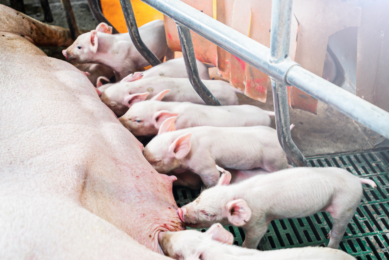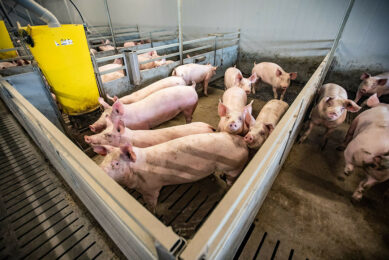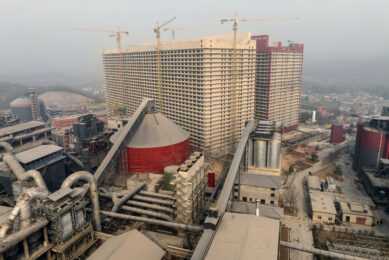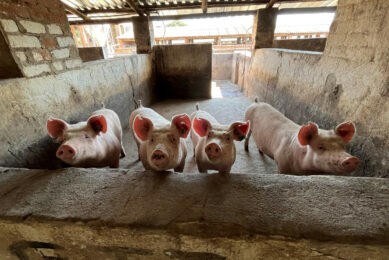Pork processor Brasil Foods ready to bounce back
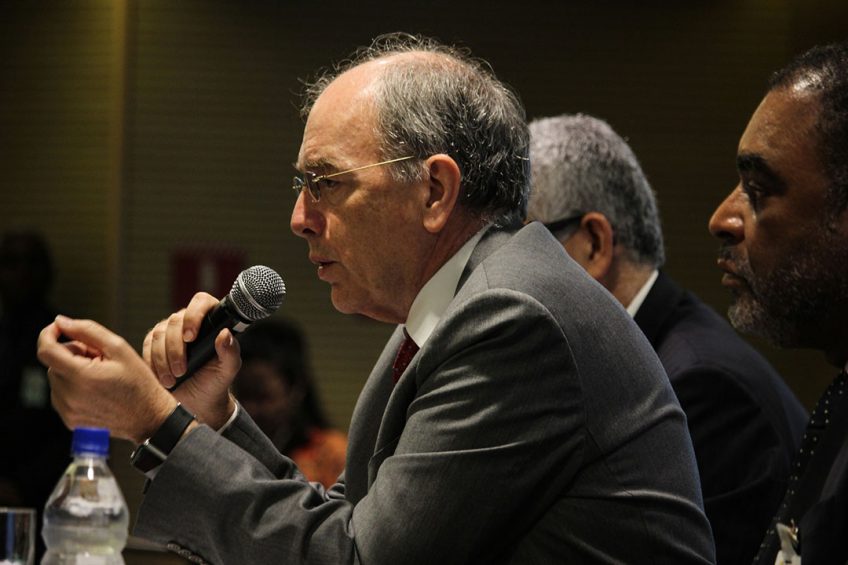
One of Brazil’s largest agribusinesses, Brasil Foods (BRF), recently appointed a new president: Pedro Parente. What will that mean for the company and will he be able to restore confidence in the Brazilian pig business?
Mr Parente is a strongly skilled executive, who has been occupying top positions since the 1980s, both in public and private sectors in Brazil as well as abroad.
Working for Petrobras before joining BRF
Prior to becoming Brasil Foods president this year, he was president of Brazil’s petroleum company Petrobras, which he led through a recovery phase after years of corruption scandals. Mr Parente quit from Petrobras during the truckers’ strike, which pushed the entire country to a standstill in May. Only few weeks later, he was willing to face Brasil Foods’ challenges.
The company faces big hurdles, including issues about supply arrangements, international pressure and an internal management crisis. The announcement, however, of Mr Parente becoming president, pushed up the company’s value by several billions on the stock market.
Brasil Foods is one of top-10 companies in the world food market and has activities in more than 140 countries. Just in the swine sector, it is responsible for 9.6 million slaughtered pigs/year; the company owns around 380,000 sows. Mr Parente as well as Lourival Luz, CFO, explained to Pig Progress how the company is going to find its way back to growth.
What are your priorities at the start of managing BRF?
Pedro Parente: “Since my arrival, we have adopted a set of initiatives that are part of a solid and well-designed long-term plan, from value adding and short-term debt leverage to 5-year strategic planning. Together that will bring more evident results in the coming quarters.
“At first, we should give priority to the Brazilian market due to its size and for being our base. It will support our operations globally. But let’s not neglect the external market, the real external market, in which we will defend our leadership and expand it in selected areas thanks to the excellent quality of our products.
“We are also strengthening our structure with highly competent professionals in their areas to ensure the achievement of these measures in a long chain such as agribusiness. So, we will have the expected impact in time.”
Which measures have already being taken?
Lourival Luz: “The debt leveraging already has banks contracted to structure and sell quotas to the market, as well as evaluation of the receivables. Due to the size of the company, we always work with banks, not only in Brazil, but in other geographies as well.
“Regarding the hiring of executives, the process is underway for 2 vice-presidencies at BRF. One for Quality and another for Strategy and Management. We will bring professionals and executives with enough experience to face the challenge and, also, a very appropriate technical background. Thus, we can turn the tide and return to growth.”

What was actually the problem at Brasil Foods? Read the summary from April 2018
What about the global presence of BRF?
Lourival Luz: “For example, we have sent ‘teasers’ for asset selling in Argentina, Europe and Thailand. The teasers are a brief description of the assets, with 2 or 3 pages, for that any interested parties could make a previous analysis. If they confirm their interest, they sign a confidentiality contract to receive the second set of information, the information memorandum, which is more detailed.
“The company is working on the joint selling of assets from Argentina, Europe and Thailand, which includes processed products, poultry, pork and beef.”
How do you evaluate the recent setbacks regarding international free trade (US & China, surcharges)?
Pedro Parente: “On one hand, the trade relationship between US and China brought a positive effect for soybean producers. On the other, it had a negative impact on import surcharges and unfounded dumping actions against chicken. The Brazilian government is working on it, and we hope that this could be reversed as soon as possible. As a company, we have little to do with it.
“I am concerned because this climate of war can increase the price of everything and bring harm to the consumer. It is not a positive sum game, but a negative one in the short, medium and long term.
What about the global swine market?
Lourival Luz: “We recently had access to the Korean market, which is quite relevant. Moreover, internationally we are always looking for opportunities in the market. Our products have an excellent quality and they are widely recognised. So we are prepared for gaining ground worldwide.”



